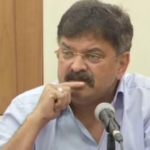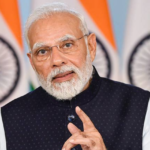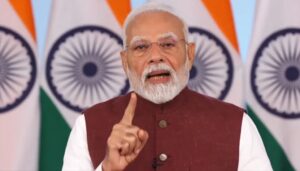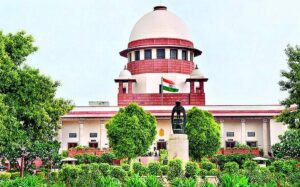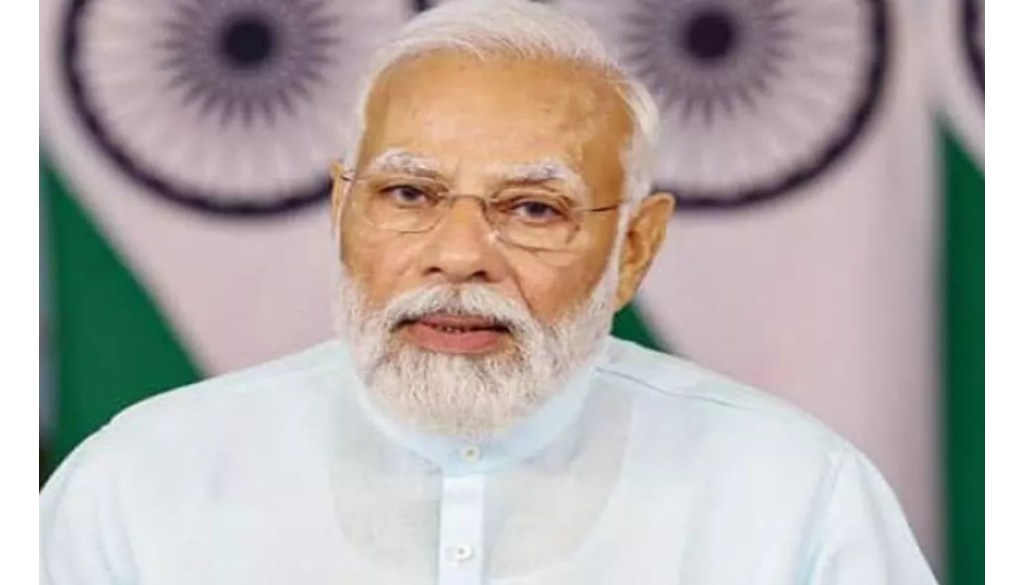
India’s Electoral Landscape Sees Historic Shift on June 4: BJP-Led NDA Secures Victory, Modi Embarks on Consecutive Term
New Delhi, 5th May 2024: India’s electoral landscape underwent a significant shift on 4th June, marking both a historic moment and a resounding message.
The re-election of the BJP-led NDA and the consecutive term for Prime Minister Narendra Modi indeed reflect a milestone achievement, reminiscent of the era of Prime Minister Jawaharlal Nehru. However, within the mandate lies a discernible signal.
While the electorate upheld its confidence in the ruling party, the reduced mandate signifies a departure from unilateral governance. It’s not a complete dismissal but rather a recalibration of power dynamics.
This outcome underscores a fundamental aspect of India’s political ethos – coalition politics. The diversity and size of the nation inherently lean towards collaborative governance, as demonstrated by the prevalence of coalition governments for a significant portion of its electoral history.
The emergence of a strong opposition bloc, unexpected by many, injects vitality into the parliamentary discourse. It ensures that the government remains accountable and inclusive, reflecting the essence of democracy.
The electoral dynamics also spotlight the resilience of India’s democratic institutions and social fabric, dispelling concerns of erosion often raised by the opposition. Ironically, it’s in their resurgence that the strength of these institutions is reaffirmed.
Furthermore, the BJP’s performance, while commendable in certain regions, reveals pertinent challenges in others. The party’s expanded foothold in states like Odisha contrasts with setbacks in Uttar Pradesh, Maharashtra, and Rajasthan, indicating nuanced voter sentiments and regional concerns.
In his address following the results, Prime Minister Modi’s acknowledgement of victory was tempered by the acknowledgement of the altered political landscape, exemplifying a nuanced understanding of the electorate’s message.
Ultimately, the election outcome transcends individual victories or defeats, embodying the collective voice of the Indian populace. It’s a celebration of democracy, reminding all stakeholders that power ultimately resides with the people – a sentiment encapsulated in the adage, “Janata is janardan.”









